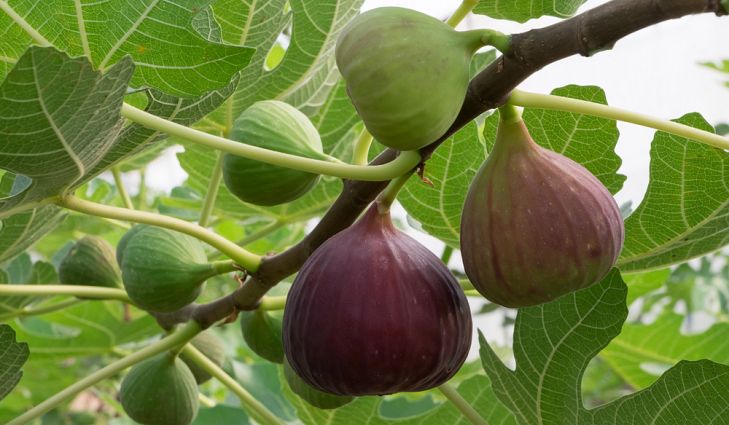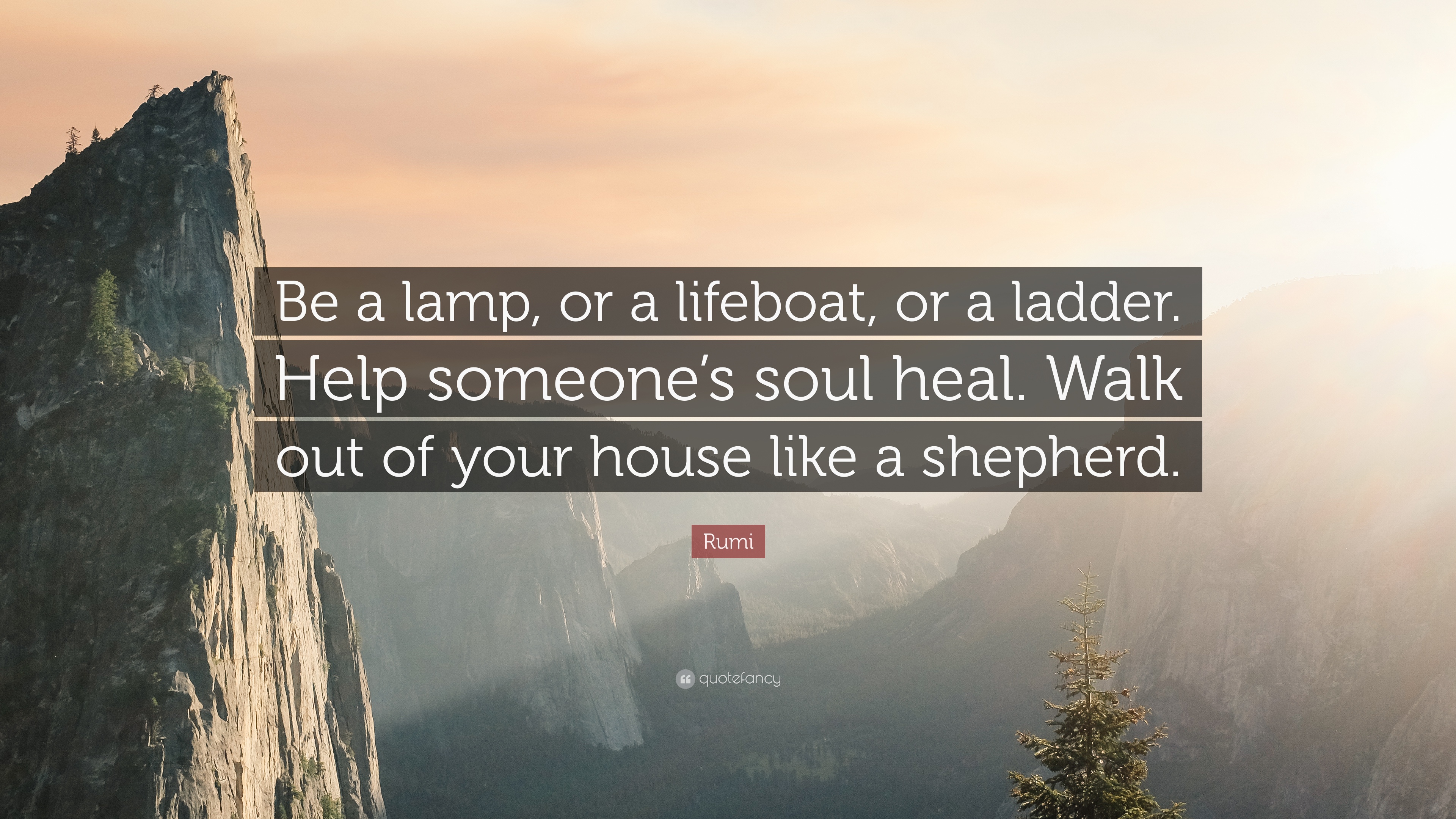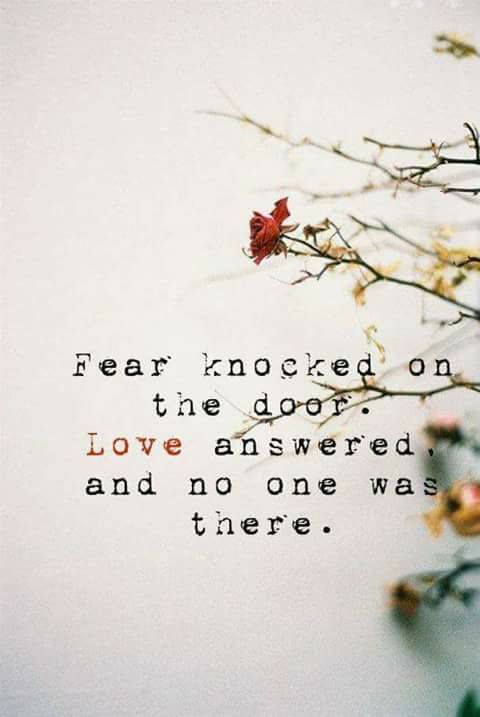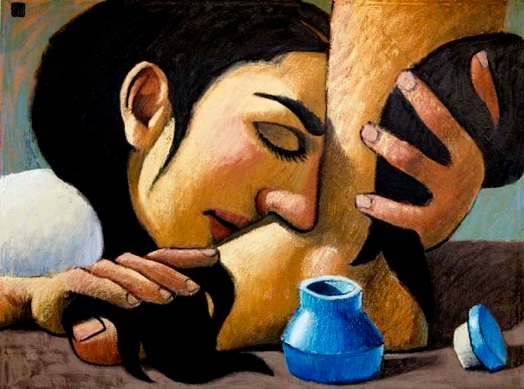Meditations on figs and vines in scripture: themes from Taste & See that show up as images of peace, abundance, mercy, hope and justice.
We are each other’s harvest; we are each other’s business; we are each other’s magnitude and bond. — Gwendolyn Brooks The result will be fruit that blesses the world and reveals us as … a community of love. Together, we are so much more powerful than any of us can be on our own. However, this […]




